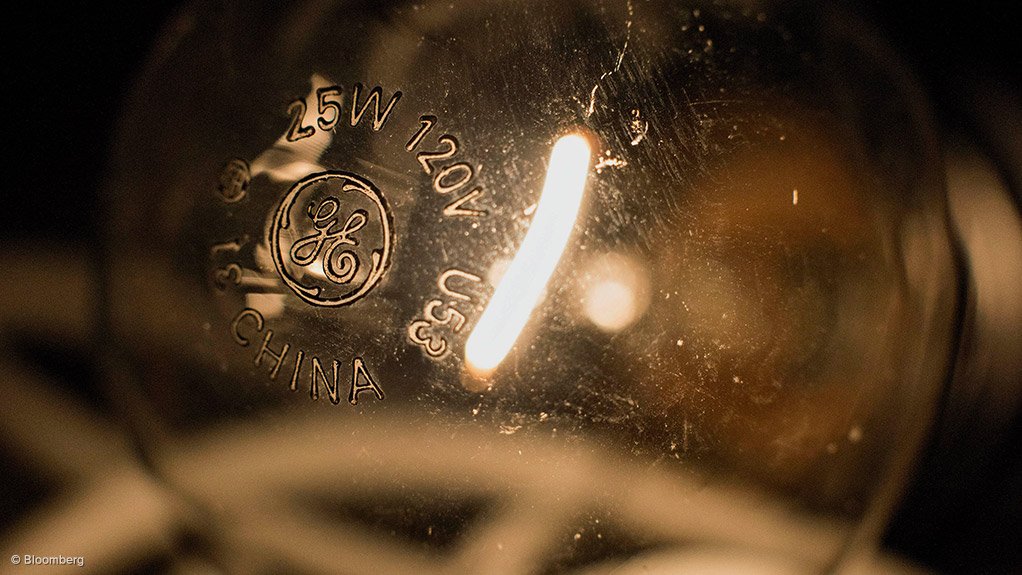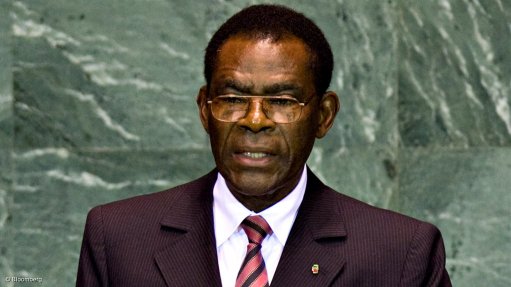Eskom tariff hike bid unaffordable, says local govt
While noting that it supported the financial sustainability of energy utility Eskom, the South African Local Government Association (Salga) has called for this to be achieved responsibly and without detriment to the parastatal’s customers and the public as a whole.
This came as the National Energy Regulator of South Africa (Nersa) continued to hold public hearings on Eskom’s application for the evaluation and approval of the claw-back of the regulatory clearing account (RCA) balance for the financial year 2013/14 for the third multiyear price determination (MYPD3).
The RCA process reconciles variances between the actual costs that Eskom incurred in the 2013/14 financial year in the production of electricity and the MYPD3 record of decision by Nersa.
Eskom had submitted an RCA application to recover R22.8-billion, translating into a proposal for a 16% tariff increase.
“Salga has to protect the interest of the customer and its members and, therefore, remains concerned about affordability for customers and municipalities. [We] understand and accept the RCA process, but also wish to point out the unintended consequences, which defeat the purpose of having a five-year MYPD.
“At the heart of this, the question that needs to be asked is whether the South African economy and its citizens are ready for another unaffordable electricity increase at this point? Affordable and reliable electricity still underpins every aspect of the social and economic life of citizens and the country,” the organisation said in a statement.
According to Salga, its members contributed more than 40% of Eskom’s electricity sales, pointing to municipalities as major stakeholders and contributors to the sustainability of the utility.
It reiterated that municipalities, in general, and customers, in particular, could not afford another unaffordable electricity increase.
“Too many of our municipalities are already confronted with challenges of high nonpayment for electricity services, as well as electricity theft, which amounts to billions of rands in lost revenue. Increased tariffs have a negative, inflationary impact on an already constrained economy,” it held.
While acceding that Eskom’s revenue shortfall needed to be addressed, it argued that this could not be solved by simply demanding higher tariffs, appealing to the organisation to explore further funding options.
MONOPOLISTIC INEFFICIENCY
Also commenting on Eskom’s tariff application, labour union Solidarity said the application was the consequence of the group’s monopoly on electricity supply.
Solidarity spokesperson Francois Redelinghuys said the monopolistic structure of power supply in South Africa prevented competition from fostering efficiency in the industry.
“Eskom is not running any significant risk to relinquish a portion of its market share to other companies. Therefore, it is not under any pressure to provide the best service at the best price,” he explained.
Solidarity also warned against the regulatory process followed by Nersa when determining prices.
“As there is no market process by which electricity prices can be determined, it is impossible to establish what the ‘correct’ price of electricity should be. Therefore, when Nersa announces a new tariff, it is actually an offer that South Africans are forced to accept,” he said.
Nonprofit environmental justice service and developmental organisation Groundwork believed the “grossly inflated” tariff application was the result of a series of poor choices by Eskom.
“The RCA allows Eskom to recover prudently incurred costs. In our view, there has been nothing prudent in what Eskom has done over the last decade. One poor decision has led to the next and, even as new build costs escalate, is compounded by flagrant flouting of governance norms,” Groundwork researcher David Hallowes commented.
Groundwork, together with environmental justice organisation the South Durban Community Environmental Alliance, called for a universally applied inclining block tariff, which “dramatically” expanded free provision.
Comments
Press Office
Announcements
What's On
Subscribe to improve your user experience...
Option 1 (equivalent of R125 a month):
Receive a weekly copy of Creamer Media's Engineering News & Mining Weekly magazine
(print copy for those in South Africa and e-magazine for those outside of South Africa)
Receive daily email newsletters
Access to full search results
Access archive of magazine back copies
Access to Projects in Progress
Access to ONE Research Report of your choice in PDF format
Option 2 (equivalent of R375 a month):
All benefits from Option 1
PLUS
Access to Creamer Media's Research Channel Africa for ALL Research Reports, in PDF format, on various industrial and mining sectors
including Electricity; Water; Energy Transition; Hydrogen; Roads, Rail and Ports; Coal; Gold; Platinum; Battery Metals; etc.
Already a subscriber?
Forgotten your password?
Receive weekly copy of Creamer Media's Engineering News & Mining Weekly magazine (print copy for those in South Africa and e-magazine for those outside of South Africa)
➕
Recieve daily email newsletters
➕
Access to full search results
➕
Access archive of magazine back copies
➕
Access to Projects in Progress
➕
Access to ONE Research Report of your choice in PDF format
RESEARCH CHANNEL AFRICA
R4500 (equivalent of R375 a month)
SUBSCRIBEAll benefits from Option 1
➕
Access to Creamer Media's Research Channel Africa for ALL Research Reports on various industrial and mining sectors, in PDF format, including on:
Electricity
➕
Water
➕
Energy Transition
➕
Hydrogen
➕
Roads, Rail and Ports
➕
Coal
➕
Gold
➕
Platinum
➕
Battery Metals
➕
etc.
Receive all benefits from Option 1 or Option 2 delivered to numerous people at your company
➕
Multiple User names and Passwords for simultaneous log-ins
➕
Intranet integration access to all in your organisation





















